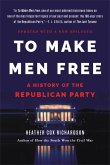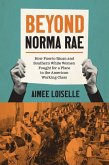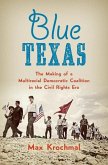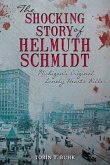By exploring the intersection of gender and politics in the antebellum North, Michael Pierson examines how antislavery political parties capitalized on the emerging family practices and ideologies that accompanied the market revolution. From the birth of the Liberty party in 1840 through the election of Republican Abraham Lincoln in 1860, antislavery parties celebrated the social practices of modernizing northern families. In an era of social transformations, they attacked their Democratic foes as defenders of an older, less egalitarian patriarchal world. In ways rarely before seen in American politics, Pierson says, antebellum voters could choose between parties that articulated different visions of proper family life and gender roles. By exploring the ways John and Jessie Benton Fremont and Abraham and Mary Todd Lincoln were presented to voters as prospective First Families, and by examining the writings of Harriet Beecher Stowe, Lydia Maria Child, and other antislavery women, "Free Hearts and Free Homes rediscovers how crucial gender ideologies were to American politics on the eve of the Civil War.
Hinweis: Dieser Artikel kann nur an eine deutsche Lieferadresse ausgeliefert werden.
Hinweis: Dieser Artikel kann nur an eine deutsche Lieferadresse ausgeliefert werden.

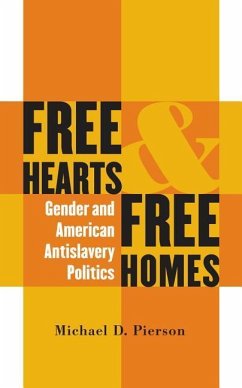
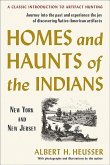
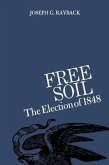
![Western Canada [microform]: Free Homes for All in the Great Provinces of Manitoba, Assiniboia, Saskatchewan and Alberta Western Canada [microform]: Free Homes for All in the Great Provinces of Manitoba, Assiniboia, Saskatchewan and Alberta](https://bilder.buecher.de/produkte/66/66120/66120061m.jpg)
